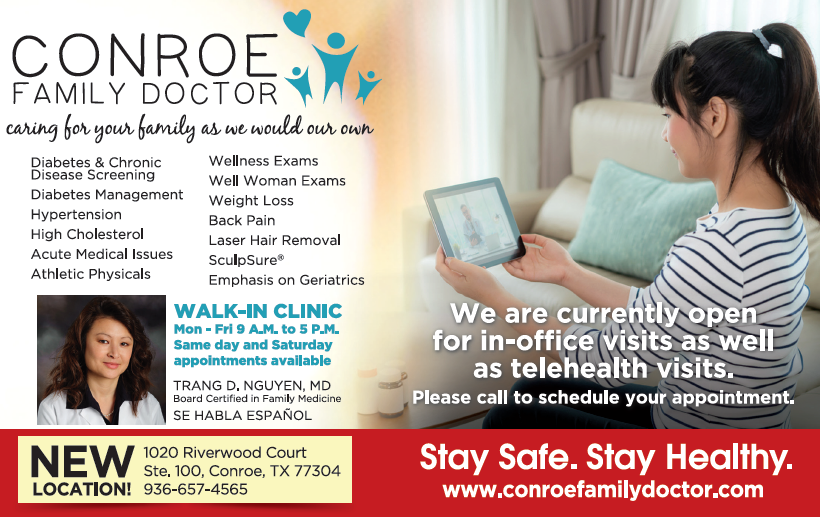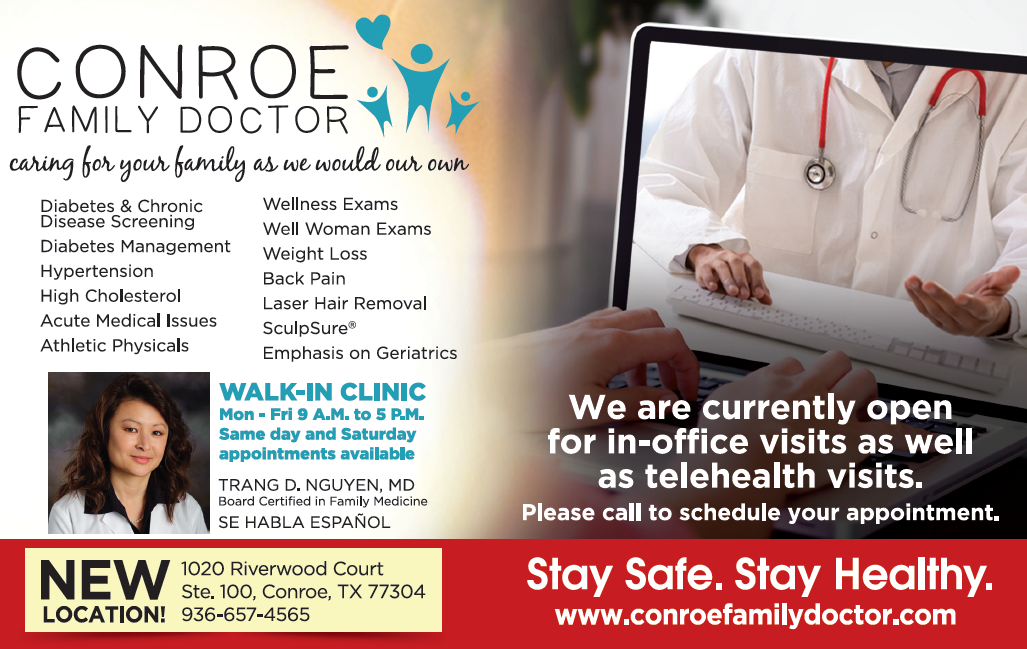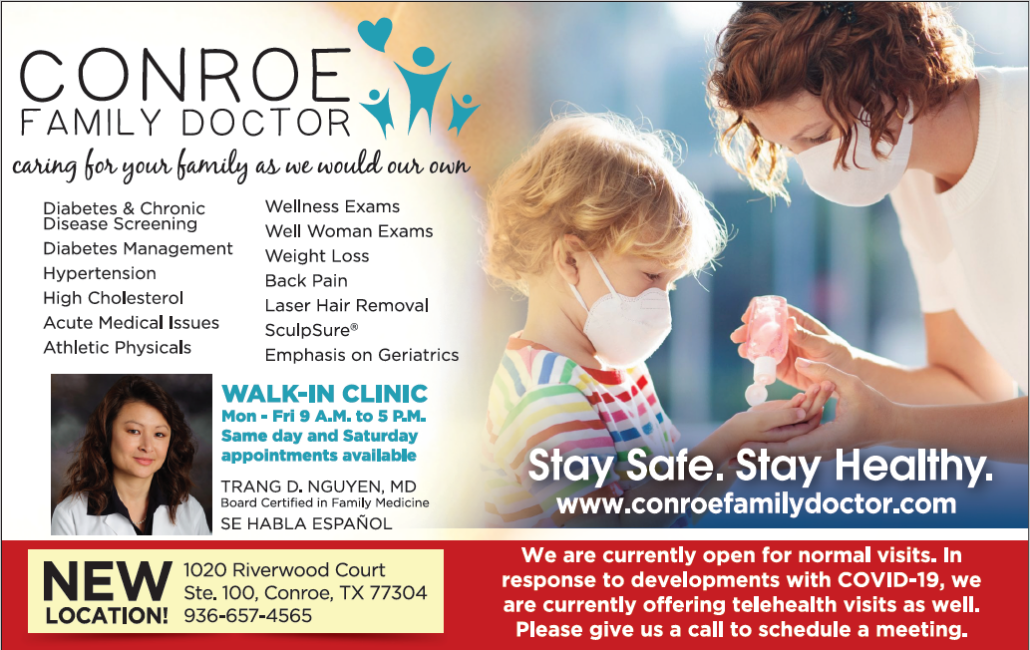
Your spinal column has a lot of responsibility, serving as the primary support for the structure of your body. Not only does it have to be resilient enough to keep you standing tall, but it also needs to have the flexibility to allow your body to move freely. With all that’s asked of it back, pain is a common experience for people of every age. From sore muscles and herniated discs to fractured vertebrae, there’s a host of reasons your back may be experiencing pain. In most cases, those who experience back pain have developed it over time.
What Causes Back Pain To Develop?
Throughout our lives, we can develop back pain gradually, or it can come on quite suddenly due to trauma. The most frequent source of back pain include repetitive motion, poor posture, and utilizing poor body mechanics when moving heavy loads. Back pain occurs when the spinal cord, a connected system of 24 vertebrae, moves out of alignment, develops problems with discs, or is otherwise negatively impacted.
A common source of back pain is the result of muscle strain. The spine is supported by muscle bands that can experience pain when overextended. This can be the result of accidents, sports, falls, any activity where the muscle can become overworked or stretched too far. Pregnancy also puts a remarkable strain on the spine, and back pain is a common result.
How Is Back Pain Diagnosed?
When you’re experiencing back pain, the first step is going to be speaking to Dr. Trang D Nguyen about it. The method of reaching a diagnosis will depend on how you describe your pain and how you experience it. Diagnosis methods can include:
- X-Rays used to check bones for damage
- CT or MRI’s can be used to check for herniated discs or other soft-tissue damage
- Nerve and Muscle Damage is identified with EMG (Electromyogram)
- Blood and Urine tests can identify kidney stones, infections, and other causes
The results of these tests will help identify the origin of your pain and provide information about the appropriate treatment steps to follow. Another factor that will determine what tests are done is how many times you’ve experienced this pain.
How Will my Back Pain be Treated?
Mild back pain often responds well to ibuprofen, aspirin, naproxen, or other over the counter medications. Ice packs and heating pads can also be applied to help ease occasional back pain. Chronic back pain may call for a firmer or softer mattress. In more severe cases, physical therapy or surgery will be called for. Dr. Nguyen will help you determine the proper next steps.
If you’re experiencing ongoing back pain, it’s time to schedule an appointment with Conroe Family Doctor in Conroe, TX. We’re proud to be serving our community with routine medical care in a family-oriented environment. Don’t let your back pain impact your quality of life, call us today to start getting answers that can help eliminate back pain and let you get back to living!

Thyroid disorders come with a multitude of symptoms that can be hard to recognize from other illnesses. Thyroid disorders tend to be hard to diagnose for doctors and healthcare professionals because of their symptoms. However, once diagnosed, healthcare professionals have ways of treating the disorder.
What is Thyroid Disorder?
Thyroid disorder can be classified medically as hypothyroidism. Hypothyroidism is when the thyroid gland isn’t able to produce enough crucial hormones to produce energy, control growth, and manage the metabolism. When the body doesn’t produce enough of these hormones, it will slow the metabolism, causing weight gain, weariness, develop skin conditions, and other underlying medical issues. Another form of a thyroid disorder, hyperthyroidism, produces the opposite reaction, where it produces too many hormones, causing symptoms similar to hypothyroidism, but with exceptions, such as a sped-up metabolism and nervous energy.
Symptoms of Thyroid Disorder
Hypothyroidism can vary in its symptoms, including:
Tiredness/ Weariness
One of the most common but inconspicuous symptoms associated with thyroid disorder is feeling tired. Those suffering from thyroid problems will often experience issues with maintaining energy, and will constantly feel fatigued no matter how much sleep they get. Those with a low thyroid function will feel confused, shaky, and nervous regularly due to the lack of hormones produced. If you find that you’re experiencing severe fatigue, then you may need to get your thyroid checked.
Weight Gain/Loss
Lower thyroid levels can cause changes in weight due to the impact it has on the metabolism. Weight gain, typically caused by a slower metabolism, can be difficult to remove when you have an inactive thyroid. Low thyroid levels cause weight loss to be a harder task to accomplish, even with regular exercise and a healthy diet. With an overactive thyroid, the body will burn calories at a higher rate than normal, which, while it may sound great on the surface, it can become fatal when combined with eating disorders such as anorexia and bulimia.
Irregular Menstrual Cycles
Both forms of thyroidism can complicate a women’s menstrual cycle, causing intense and longer periods than normal. Periods that happen heavier and over a longer time, then it can potentially be an under-active thyroid causing the issue. For those who are producing too many hormones, periods can become lighter and more spaced apart. In these cases, thyroid function can cause problems with ovulation, which can affect pregnancies.
Thinning Hair
Thinning hair can be seen as one of the most obvious signs of a thyroid disorder because of its distinct effects on the body. Thinning hair, especially around the eyebrows, can indicate if you have a thyroid problem because the thyroid hormones control hair growth, and thus are more sensitive to thyroid issues. If you’ve been experiencing problems with hair loss, then consider speaking with your doctor about the issues you’re facing and ask about thyroidism as a potential cause.
If you have any of the symptoms above, and you believe you may be experiencing a hypothyroid or hyperthyroid disorder, then it’s time to schedule an appointment with Dr. Trang D Nguyen at the Conroe Family Doctor practice. Located in Conroe, TX, Dr. Nguyen will be able to help alleviate the symptoms you’re experiencing and help you get your life back on track.






